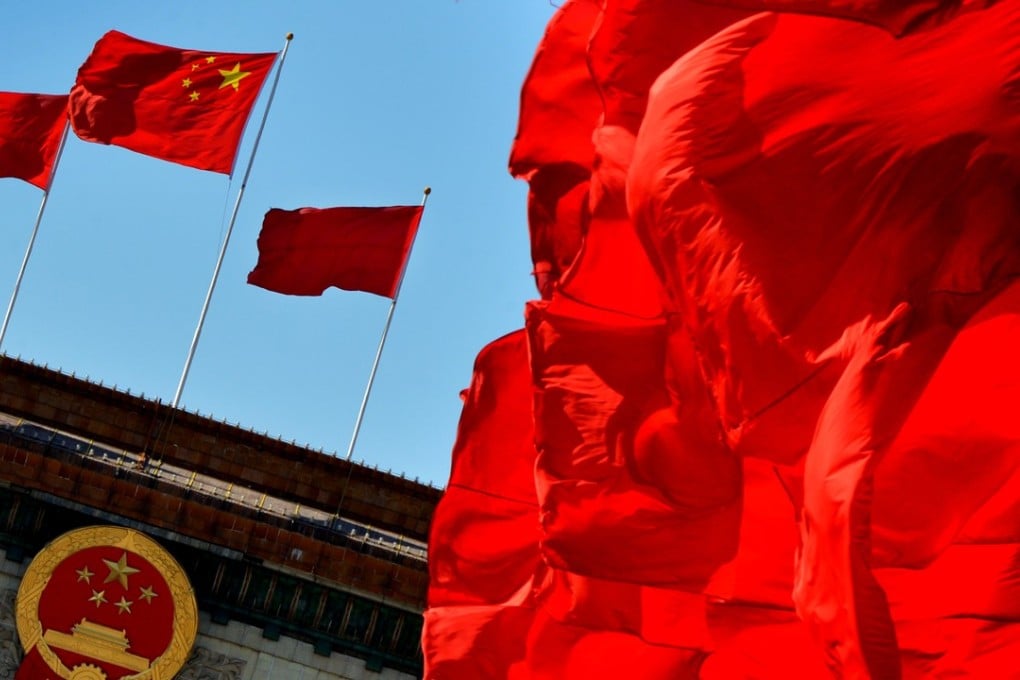‘Unify minds’: President Xi Jinping makes ideological rallying call to China’s Communist Party propaganda cadres
President issues appeal as China battles a trade war with the United States and confronts a raft of domestic woes

Chinese President Xi Jinping has issued a rallying call for Communist Party cadres in charge of propaganda and ideology to close ranks around the “party core” as Beijing faces an escalating trade war with the United States and clearer pushback at home.
Xi made the call in a keynote speech at a high-level, five-yearly work conference held in Beijing on Tuesday and Wednesday.
The conference was attended by most members of the Politburo and will set the tone for the country’s ideological direction for the coming years. It came soon after the political elite returned from their annual summer break at the coastal resort of Beidaihe last week.
Watch: Are Chinese consumers turning away from US products?
The conference was chaired by Wang Huning, the ruling Communist Party’s ideology chief and a member of the supreme Politburo Standing Committee.